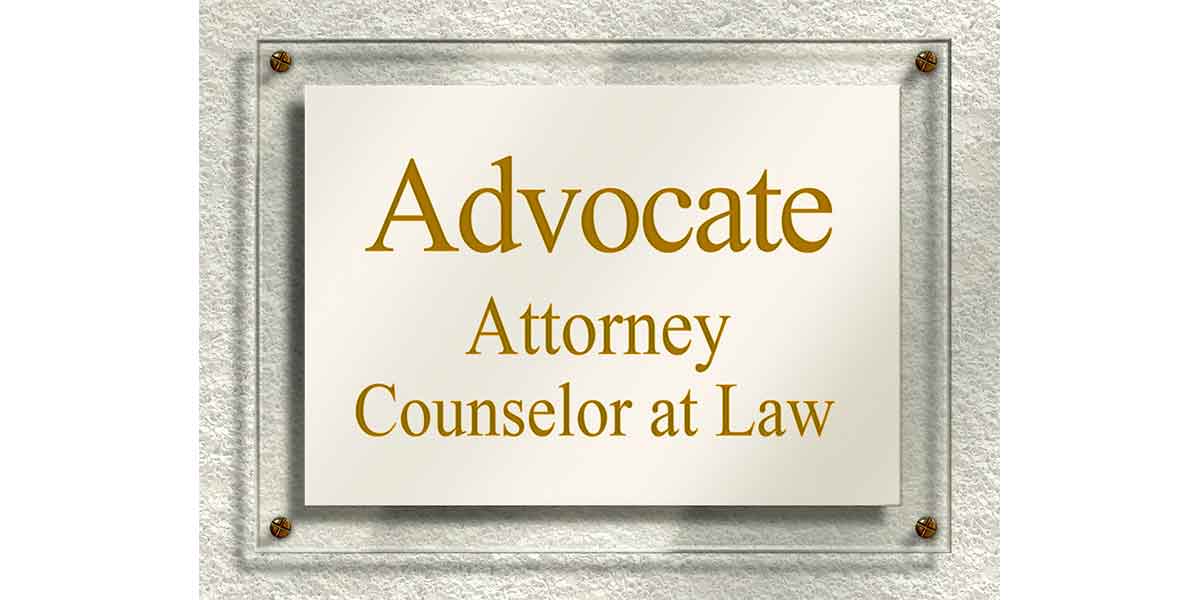As a conscientious adult, it is crucial to have a fundamental estate plan in place. Estate planning ensures that your loved ones are cared for after your passing. However, many individuals overlook this essential aspect of life planning due to prevalent myths and misconceptions surrounding estate planning. Falling prey to these falsehoods can result in significant family issues. Thoughtful planning and expert guidance can dispel these myths and secure your family’s future and financial well-being.
Misconception 1: Estate Planning is Only for the Wealthy
There is a common belief that estate planning is reserved for the affluent, and those with modest assets do not need it. In truth, the size of your estate is irrelevant; estate planning is essential for everyone. Without a plan, you forfeit the ability to determine who inherits your assets and who manages their distribution. Even young adults with minimal possessions should consider estate planning, as it provides clarity and control over future uncertainties. A well-crafted plan addresses these concerns effectively.
Misconception 2: Probate Should Be Avoided at All Costs
Probate often carries a negative connotation in estate planning. Despite its reputation, probate can be a relatively straightforward process that is not necessarily time-consuming or costly. With legal assistance, probate expenses can be managed, and a revocable living trust can further streamline the process. It is important to understand that probate is the mechanism through which a will’s instructions are executed; without it, state laws dictate the distribution of property.
Misconception 3: The Government Takes Your Property Without an Estate Plan
Another widespread myth is that the government seizes all property if someone dies without a will or trust. While the state may inherit the estate in rare cases, this typically occurs only when there are no surviving relatives or a will. A will can prevent the government from taking over your property by specifying your wishes for its distribution. Generally, state laws aim to distribute property in a manner consistent with the deceased’s likely intentions.
Misconception 4: DIY Estate Planning Saves Money
Many people believe that handling estate planning on their own will reduce costs. However, creating estate planning documents without professional guidance can lead to costly mistakes. While it may seem straightforward, drafting a will or trust requires a deep understanding of legal nuances. Skipping attorney fees might save money initially, but it can result in significant expenses and complications for your family later on.
Misconception 5: One-Time Estate Planning is Sufficient
Creating an estate plan is a critical step, but it is not a one-time task. An estate plan must be regularly updated to reflect changes in your life and ensure it meets your evolving needs. Even without major life events, periodic reviews are necessary to adapt to new legal requirements and personal preferences. Regular updates empower you to make informed decisions about guardianship, charitable donations, and other important matters. Consulting with a legal advisor can help you stay compliant with current laws and make necessary adjustments.
Conclusion
The confusion and myths surrounding estate planning often deter people from taking necessary steps. Estate planning is a straightforward process that secures your family’s future. As responsible adults, it is vital to create an estate plan and seek professional advice to navigate the complexities. Avoiding misconceptions and focusing on informed decisions will ensure your family’s safety and financial stability.




